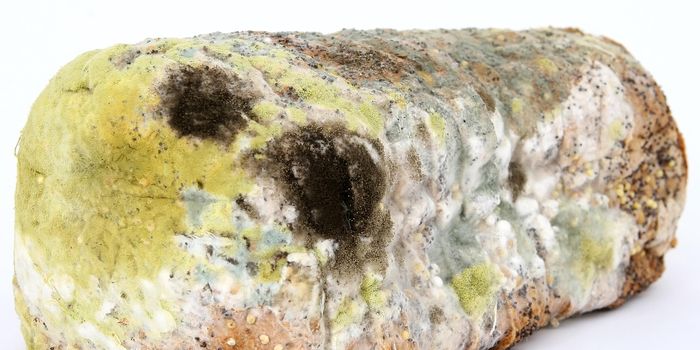Exclusive Breastfeeding Promotes Moms Heart Health
New mothers face a vast number of choices as they welcome the new child into the world. One such choice is how to feed their infant. Options include formula, breast-feeding, or a combination of the two. Exclusively breastfeeding is the gold standard with the American Academy of Pediatrics (AAP) recommending such feeding for at least the first six months of life. After that, the AAP recommends continued breastfeeding for a year or more, as desired by mom and baby.
While there are several benefits to babies, mothers also benefit. Of these benefits is burning a large amount of calories. Experts estimate the number of calories burned per day while breast-feeding falls between 300 and 500. This can help new mothers shed their pregnancy weight.
Another benefit is the reduction of post-pregnancy uterine bleeding. Breastfeeding stimulates the body's release of oxytocin, which causes the uterus to contract. This helps the blood vessels where the placenta detached close off. This process also helps the uterus shrink back to its pre-pregnancy size.
Additionally, breastfeeding is known to reduce the risk of multiple forms of cancer. These include breast, ovarian, and endometrial cancers. One possible reason for this is the suppression of estrogen production, which is known to promote abnormal cell growth.
Furthermore, breastfeeding moms are less likely to develop type two diabetes. In fact, the risk of developing type two diabetes is cut by half when compared to mothers who choose not to breast-feed.
This may be because lactation has a protective effect on pancreatic cells, which control blood insulin levels. This benefit may be particularly attractive to persons with a family history of the disease who are at higher risk for type two diabetes disease development.
Breastfeeding also reduces the risk of heart disease, the number one killer of women in the United States. Found that women who breast-feed for 12 months or more or less likely to develop a blood pressure, high cholesterol, and heart disease compared to non-breastfeeding mothers.
The choice is, of course, a very personal and individual one. That said, with proper breastfeeding support, most mothers and babies can happily and successfully breastfed for optimal health.
The above video, from the Ohio State Wexner Medical Center, discusses the benefits of breastfeeding for moms.
Sources: Ohio State Wexner Medical Center, The American Academy of Pediatrics











